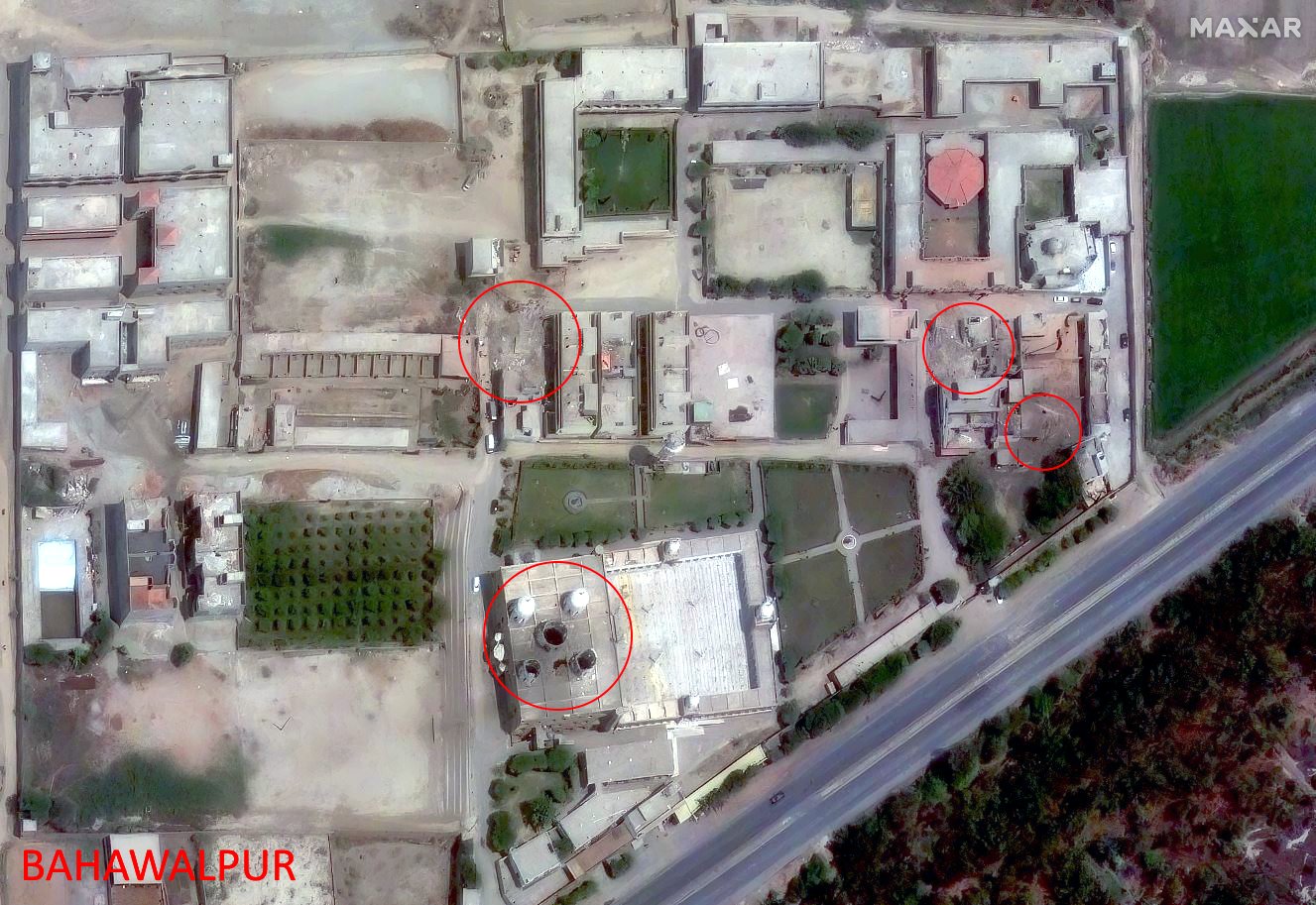Dear reader, The week started with August 15, and the prime minister's speech from Red Fort that articulated some big ideas and linked them to freedom, including "Naari Shakti (woman power)". It was "desh ki punji (wealth of a nation)", the PM said, which must be cherished and nurtured if the nation is to fulfil its goals. The throwing up of big ideas from a high podium could also be seen as a prime ministerial exhortation of another kind: "Don't look down!" In "Don't look up", the 2021 Hollywood movie that was a a star-studded allegory of climate change, two astronomers attempt to warn humanity about impending disaster due to a fast-approaching comet and the world becomes divided between those urging people to look up and see the comet, and powerful others who deny its existence and insist that people not look up. Whether or not Prime Minister Narendra Modi's focus on big ideas on I-Day was an attempt to distract from the faltering on the ground, the week that unfolded has put at least two big ideas that are closely tied to independence and freedom - justice and anti-corruption - squarely in the dock. Justice, first. On the evening of the day the PM gave his speech from Red Fort, on the nation's 75th Independence Day, Bilkis Bano lost her long battle for justice - 11 men convicted of gangraping her, and murdering her three-year old daughter among other members of her family in Gujarat 2002, walked free after remission of their sentences by the Gujarat government. Bilkis's fight had marked many firsts, forced the system to respond. It was the only Gujarat riots related case investigated afresh by the CBI on the direction of the Supreme Court. The SC, in 2019, again in the first such order in a Gujarat 2002 case, awarded a compensation of Rs 50 lakh to Bilkis. The remission of sentences now registers a first in the reversal of the justice process. The freeing of those convicted of such horrific crimes against a woman is not just a reproach to the PM's I-Day extolling of "Naari shakti", but also a sobering reminder of how easy it is to backslide from justice's hard-won gains. The apex court which played a stellar role in ensuring accountability for the terrible crimes of Gujarat 2002 - and which may be approached to overturn the Gujarat government's remission of sentences now - has, in recent times, seemed to step back from itself. Its verdict in the Zakia Jafri case in June became the basis, disquietingly, for the arrest of those who stood on the side of the petitioners - the FIRs against activist Teesta Setalvad and former Gujarat DGP RB Sreekumar quoted heavily from the SC verdict a day earlier. On I-Day, the PM also framed the need for a wider battle against corruption in evocative ways. "Aaiye, Hindustan ki rajniti aur sansthaon ke shudhikaran ke liye (for cleansing India's politics and institutions) …" he exhorted everyone, especially the young, whose "ujjwal bhavishya (bright future)" was at stake. Whether or when the young respond to the PM's call is not yet known, but the CBI did, within days. Promptly on Friday morning, it knocked on the door of Delhi Deputy Chief Minister and senior AAP leader Manish Sisodia. Sisodia's innocence - or lack of it - must be proved by due process of law. But certainly, the CBI's raids appeared to rub in a chilling and recurring pattern. The pretext was the Delhi government's new excise policy that has been controversial since it was introduced last November. The pattern is, as our editorial pointed out, "of central investigative agencies under the BJP-led government paying excessive and excessively focused attention to the BJP's political rivals…" It's not just the CBI, it is, even more, the ED. Our editorial noted "a sharp jump in the number of political leaders against whom the ED has taken action in the NDA years compared to those in the tenure of the UPA, and within this, Opposition politicians have been targeted overwhelmingly disproportionately". So, what happens to freedom in a nation, 75 years old, where justice seems to be losing its way, and when the fight against corruption begins to look like the government's drive against the political opponent? A nation where the countervailing institutions are not looking like themselves at their best. And where the Opposition seems to be hanging separately - the AAP seems besieged by the BJP-led Centre and isolated in the Opposition now, just as the Congress seemed only days ago, when Rahul and Sonia Gandhi were summoned by the ED in the National Herald case and hardly any Opposition party came forward to express solidarity or support. This week, we marked another Independence Day. But freedom's questions will follow us into the weeks and months to come. Till next week, Vandita | 
No comments:
Post a Comment